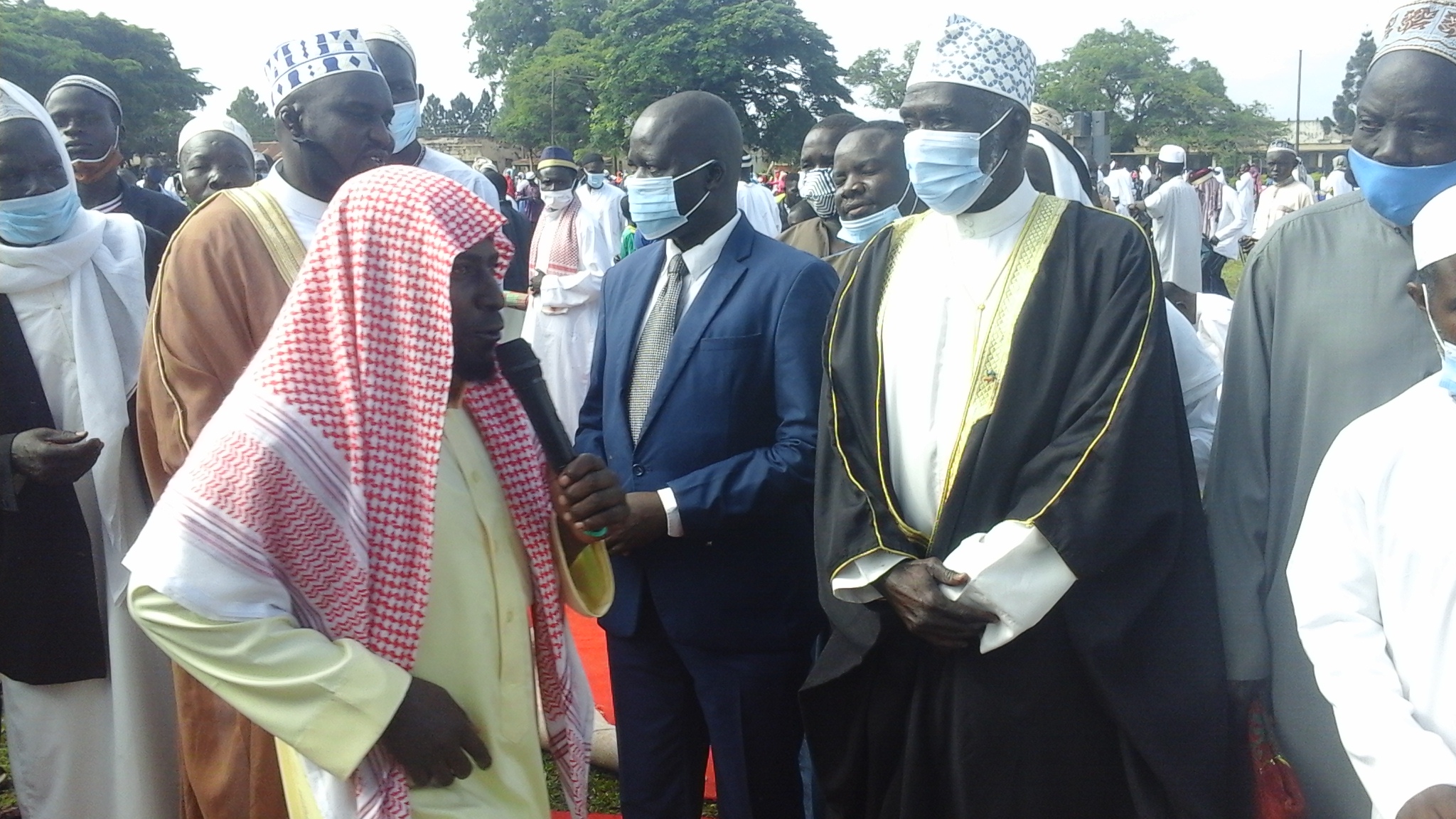GULU – The Muslim community in Gulu City have laid down their tools for slaughtering animals at the different abattoirs in the city as authorities fail to approve new slaughter fees.
The crisis started a week ago, with a petition to the Gulu City Council Authorities and eventually turned to a protest on Tuesday as the Halal Secretaries (the butchers) abandoned the abattoir.
However, Geoffrey Otum, the Chairperson Gulu Main Abattoir has ordered the public to slaughter the animals to avoid paralysis of meat supply in the City.
The Acholi district muslim leader, Sheik Musa Khalil in an interview with theCooperator noted that the practice contravenes the muslim doctrine on eating of meat.
Khalil ordered the Muslim community to abolish eating of meat in public places, like hotels and restaurants until the situation is addressed.
In a petition to the Gulu City Council Authorities, authored August 23rd., 2021, the Muslim community had announced withdrawal of their members from slaughtering animals.
The group demands that Council must increase the slaughter fee from its current Shs 500 which was approved by the council 20 years ago to Shs 5,000 for each animal.
“The council has turned a deaf ear to our complaints and we have resolved to withdraw from slaughtering until the new fee is approved,” Khalil told theCooperator on Tuesday in an interview.
He further explained that the slaughter fee is part of the funds to support monitoring and inspection of all the abattoirs across Acholi sub-region.
Meanwhile, the Muslim Supreme Council also requires an annual fee of 35,000 from halal secretaries (slaughter officers) for licensing.
Patrick Oola Lumumba, the Mayor Bardege-Layibi division concedes that the council has received several complaints from the group but is yet to convene a meeting to resolve the matter.
“It’s true that the current slaughter fee was approved in 1992 and we have agreed to increase it to Shs 5,000 which will be approved in the next Council meeting,” Lumumba explained.
He further revealed that the abattoir generates Shs 14 million to the Council from revenue collection with Shs 30,000 levied on each of the cows slaughtered.
“We have proposed to give a tender to the market association which is equally subject for the approval by Council in the next sitting,” Lumumba further explained.
However, he did not give clarity on the next date of the Council meeting but noted that the matter needs an urgent response that may call for an emergency Council meeting.
Khalil led a delegation on Tuesday afternoon to the office of the Resident City Commissioner (RCC) for an emergency security meeting following the protest.
The meeting failed to find a mutual consensus to end the strike and the next meeting is scheduled for Monday next week as the strike continues.
Gulu City Council Mayor, Alfred Okwonga and the Resident City Commissioner (RCC), Denis Odwong Odongpiny have called for calm as dialogue continues.
“We don’t expect this tension to take on a religious dimension to destabilize peace and security in the region when we can handle it through dialogue and mediation,” Odongpiny warned.
According to Sheik Ismail Alii Omona, the Chairperson Halal Secretaries, about 60 animals that include cows and goats are slaughtered daily in the five abattoirs within Gulu City.
The abattoirs include Gulu Main at Layibi, Bungatira, Unyama, Lacor and Obiya Highland, where animals were slaughtered on Tuesday as Muslims turned away.
When contacted, Kennedy Odong, the Chairperson Gulu Livestock Association says he was in Karamoja but urged the Council for an urgent response.
The Ministry of Local Government, Trade and Animal Industry jointly gave power to Muslims to slaughter animals in public places but its legal implications is yet remained mystery.
Buy your copy of theCooperator magazine from one of our countrywide vending points or an e-copy on emag.thecooperator.news
